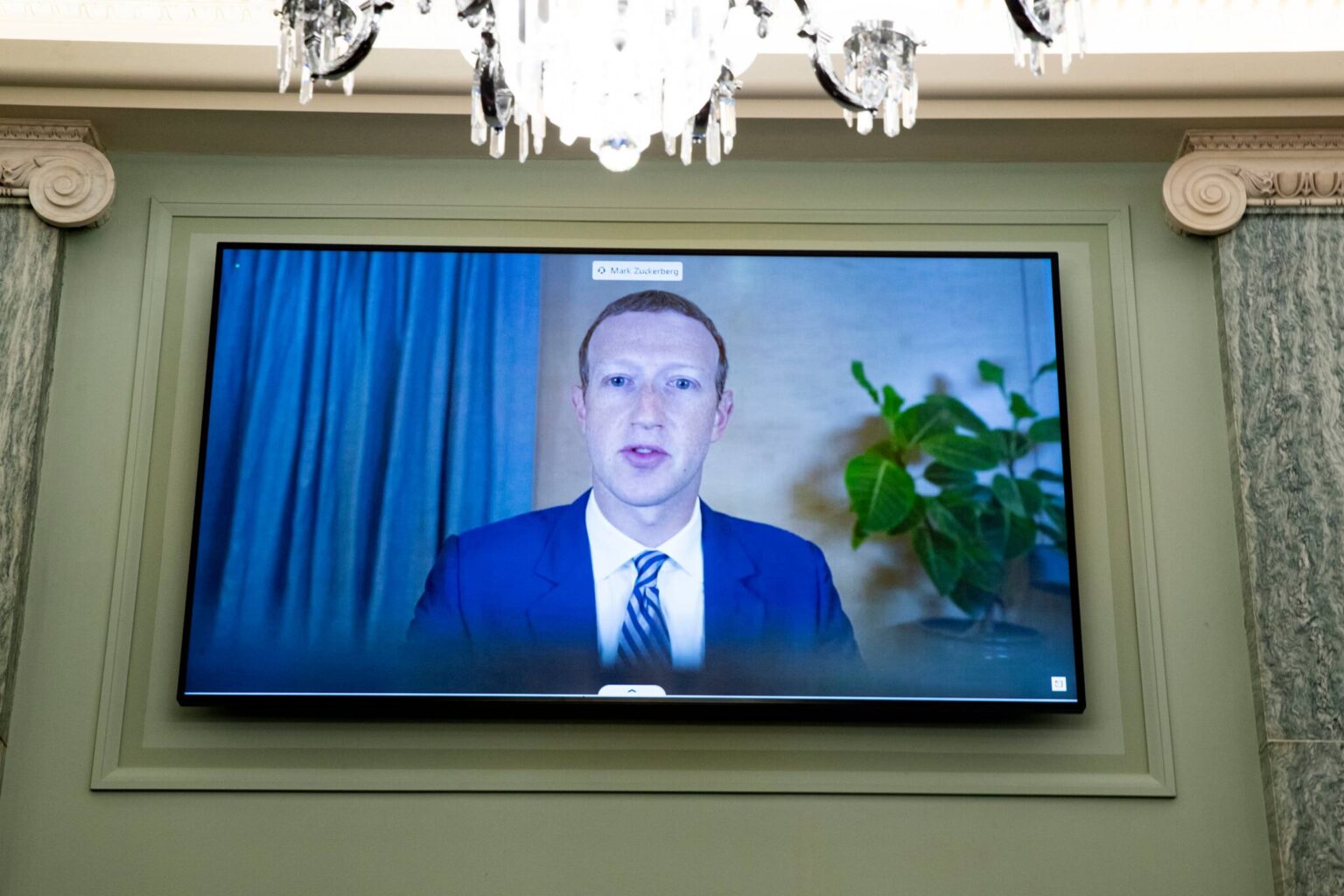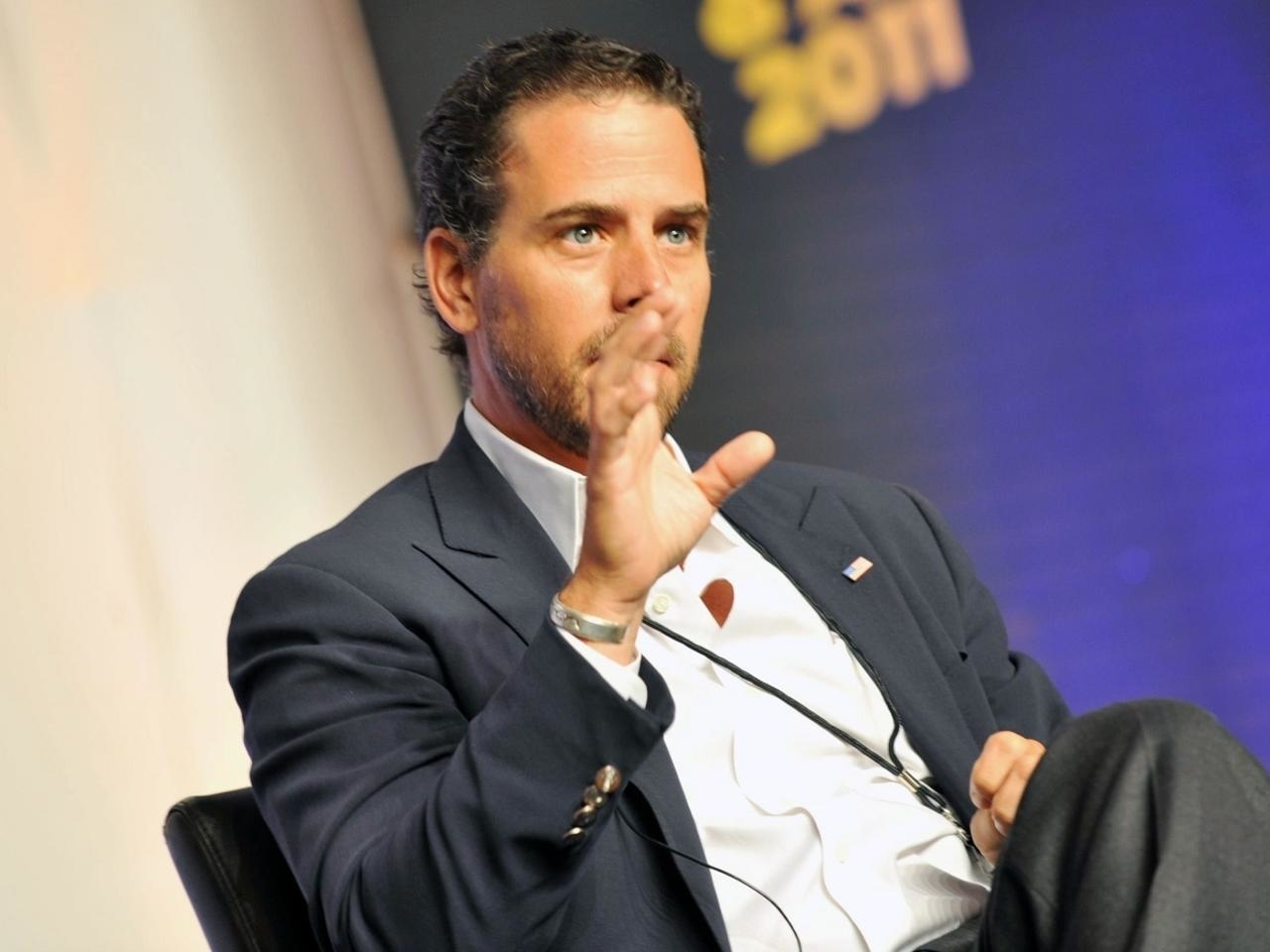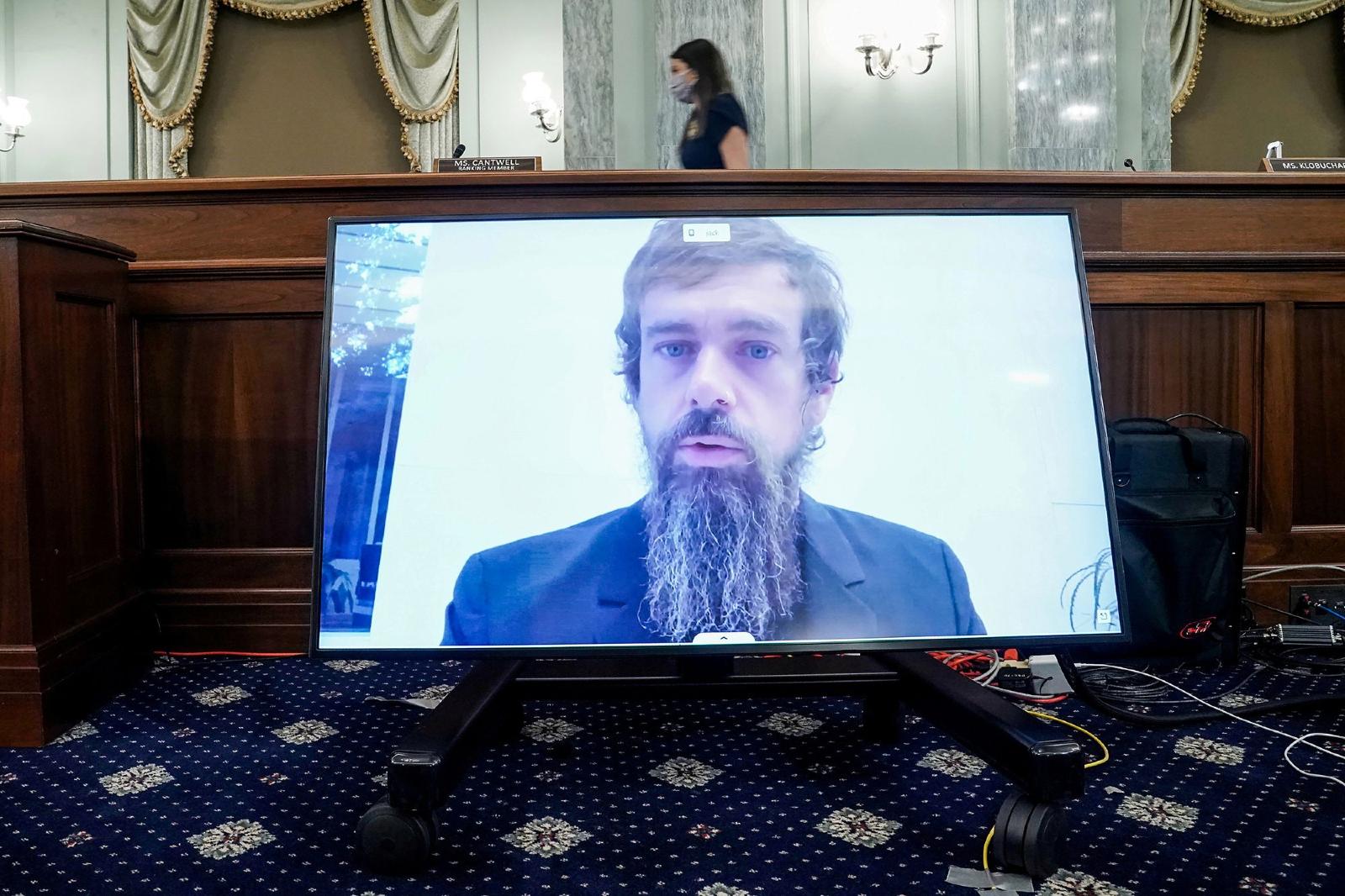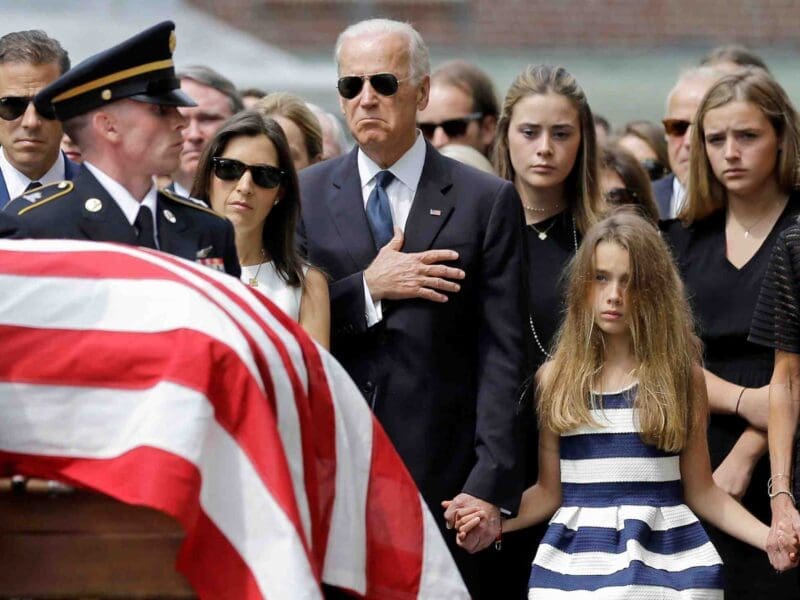
Facebook and Twitter: Why is each CEO is appearing before the Senate?
The CEO of Twitter, Jack Dorsey, and CEO of Facebook Mark Zuckerberg faced another U.S. Senate hearing on Nov. 17. The big tech giants met with the senate after accusations of censorship were directed towards the two companies.
Both Dorsey & Zuckerberg testified before the Senate Judiciary Committee on Tuesday. Here’s some more information on why they appeared before the senate.

The Hunter Biden story
Dorsey & Zuckerberg appeared in front of the Senate Judiciary Committee after their companies came under fire for reportedly blocking The New York Post’s story on Hunter Biden’s alleged business dealings in Ukraine & China.
The article titled “Breaking the News: Censorship, Suppression, and the 2020 Election,” was released as many media outlets have declared former Vice President Joe Biden the winner of the 2020 election while President Trump has refused to concede and has filed many lawsuits challenging the election results in several key swing states.

According to The New York Post, Dorsey got out ahead of the questioning by addressing Twitter’s decision “to lock out the Post for two weeks over its series of on Hunter Biden’s overseas business dealings.”
“We made a quick interpretation, using no other evidence, that the materials in the article were obtained through hacking and, according to our policy, we blocked them from being spread,” Dorsey said. “Upon further consideration, we admitted this action was wrong and corrected it within 24 hours.”
The Post had laid out that the material they found reportedly was sourced from an “abandoned laptop that formerly belonged to Hunter Biden”. Twitter refused to reinstate the article unless The Post deleted the tweets, before finally reinstating them after a two-week stalemate.

Section 230 of the Communications Decency Act
Another central issue in the hearing was deciding whether Section 230 of the Communications Decency Act—a federal law that protects internet companies from liability for content on their platforms—should be altered or abolished. Trump asked for a repeal of Section 230 entirely or “the part that lets companies curate or alter content.” In an executive order, Trump asked the FCC to review the law.
According to CNN, at the Tuesday hearing, Dorsey & Zuckerberg both said Trump’s social media accounts “could face even greater enforcement when he leaves office”. Both Facebook & Twitter have a protocol in place which allows elected officials and world leaders to make claims on their platforms that would otherwise “violate the companies’ policies”.
Once Trump leaves office he will no longer be given this special treatment. “By and large, the vast majority of our policies have no newsworthiness or political exception,” Zuckerberg explained. “If the president is spreading hate speech or promoting violence . . . those will receive the same treatment as anyone else saying those things, and that will continue to be the case.”

Partisan issues
According to The New York Post, both conservatives & liberals have concerns about social media censorship, however, for “opposite reasons.” Per The Post, liberals have called for more aggressive “policing” from both companies in order to prevent the spread of “misinformation”, while conservatives have accused the companies of censorship by stifling rightwing or anti-liberal sentiments.
During the hearing, Senate Judiciary Committee Chairman & Republican Senator Lindsey Graham alleged Twitter made themselves “the editor of the New York Post” after they decided to censor articles that “implicated” Joe Biden in Hunter’s business deals in China & Ukraine.
Dorsey warned lawmakers against imposing reactionary rules that could potentially lead to even more censorship. “Such actions could have the opposite effect, likely resulting in increased removal of speech, the proliferation of frivolous lawsuits, and severe limitations on our collective ability to address harmful content and protect people online,” Dorsey said.
—
There has been plenty of debate among politicians about censorship across social media platforms. The Nov. 17 Senate hearing was one of many that have been held with the big tech companies about this issue.







